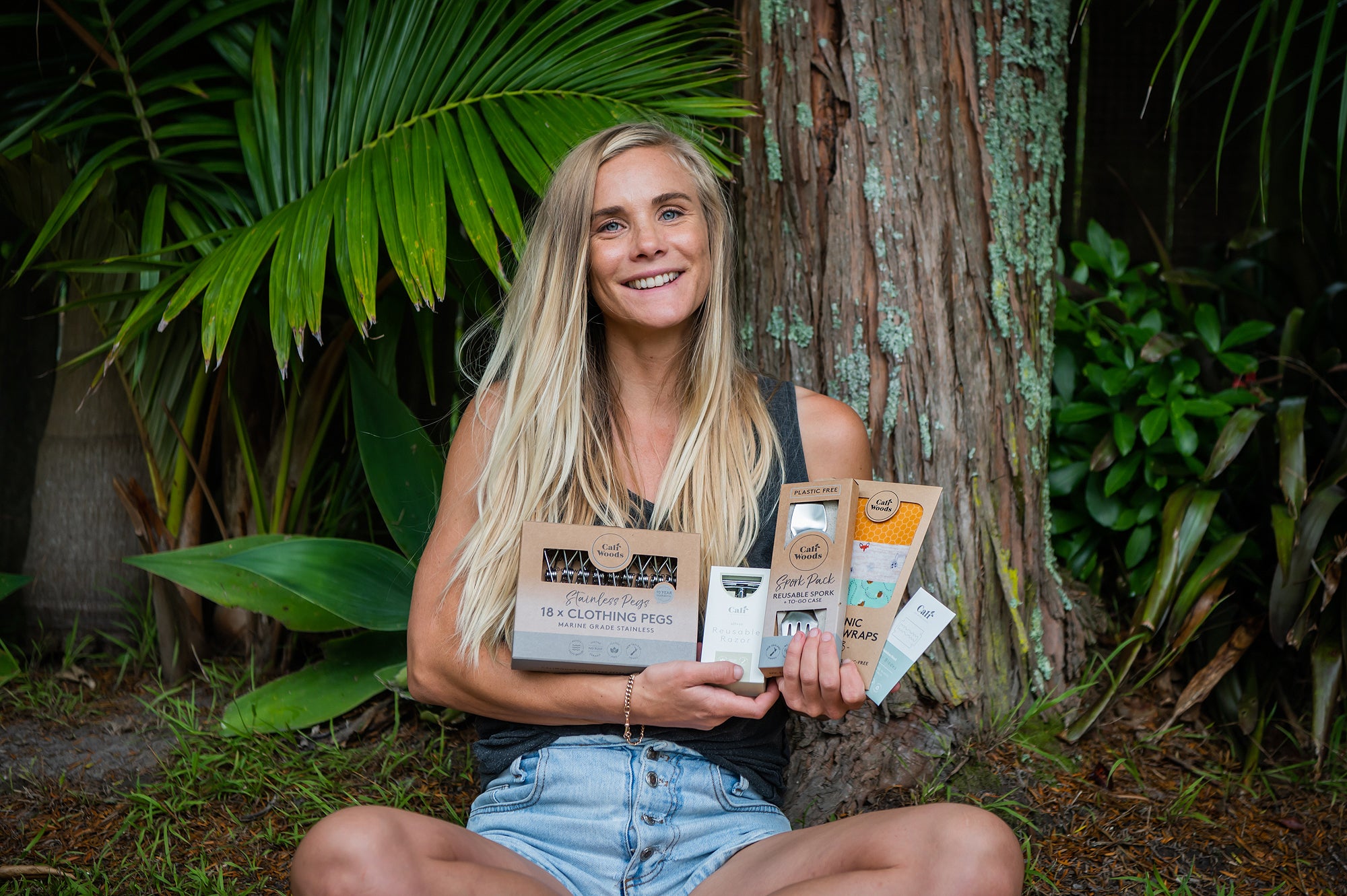Social Enterprise Tips: Prioritising Profit

In any business, sustainability should be a key concern. But for social enterprises and purpose-led businesses, it's essential to think about how we can sustain our work over the long term. One of the biggest mistakes we can make is not prioritising finances.
Self-care, profitability, and financial success for many social entrepreneurs are often the afterthought. For some, profit may even have inherently toxic connotations - that you are less genuine if you are making money, that you aren't giving enough, that your work is less valid if you are making money from it. But the truth is, if we don't take care of ourselves, we won't be able to keep going for the long haul, and the very thing we are in business for (impact) inherently suffers.
I've seen it time and time again with social entrepreneurs - and have been the victim of this myself. In the early days of CaliWoods, I vividly remember saying out loud to my mentor, "I don't care about the money." I knew this was the weak point in my business owner arsenal and intentionally surrounded myself with mentors who cared about the money to balance my skills. I got given great advice and, through this first year, developed better financial literacy. I became more driven to be profitable, given that it had become clear that I'd have no impact if I weren't. So the importance of profitability, which has been placed as a priority, came full circle for me, and that value still rings true today.
I'm not alone in this journey, and I sure won't be the last. The core reason social entrepreneurs start in their venture is to contribute to a social or environmental issue. Admirably, the type of people this industry generally attracts are deeply caring, completely genuine, engaged, and passionate. We get into business for more than money, to help in whatever area we are most passionate about within the systems we have. For this reason, sometimes the drive to be profitable takes a back seat, only to become an issue down the track. Overcoming this pitfall often takes fine-tuning financial skills, reprioritising business financial health, and completely overhauling our money mindsets.
Adding to your financial skill set and reprioritising your accounts can be done with the help of courses or mentors. Changing our money mindset is a personal development journey. You can find books, podcasts, and other resources on this topic to help you get started. Looking into the stories I heard about money when I was a child helped me. That imprinting formed some inherited, but not exactly helpful or positive, value sets. For others, financial blocks could come from social pressures. It will look different for everyone. Once we've done that work on ourselves, everything else will follow.
The key is to remember that taking care of yourself and your business finances is not selfish. The very nature of your sustainable business needs to be just that, sustainable, in all senses of the word.
- Tags: Business For Good Recent
0 comments

